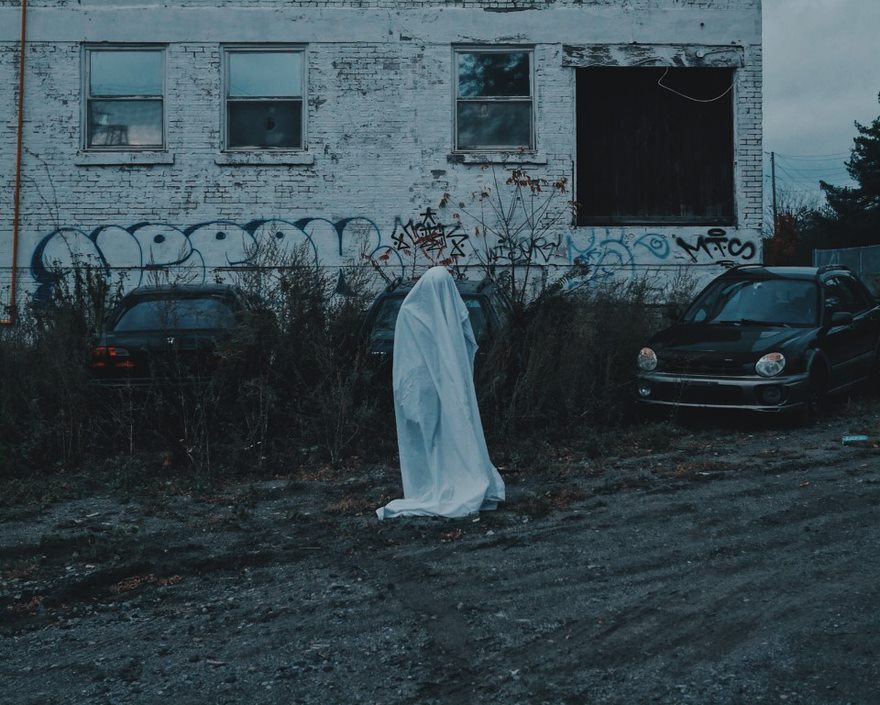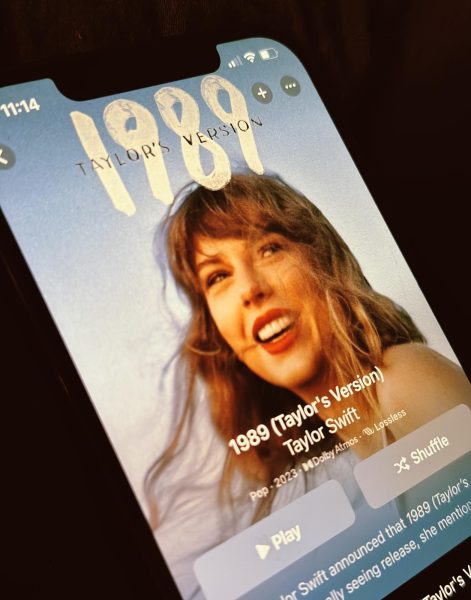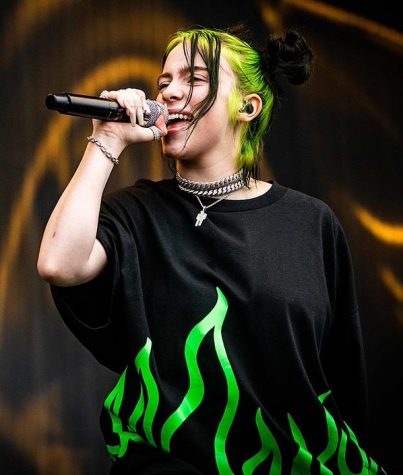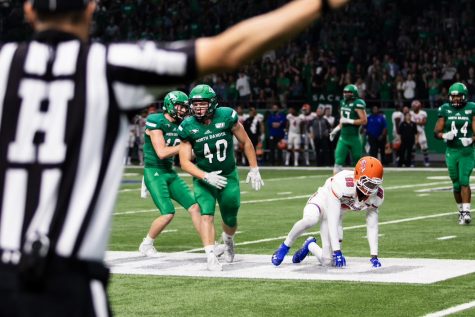Final Girls
A look at feminist horror
October 26, 2020
Feminist icons have populated horror films for generations, ranging from movies like the downright disgusting Texas Chainsaw Massacre (1974) to the mind-blowing twists of Scream (1992). Final girls are a trope commonly used in the horror genre, specifically referring to the last girl left standing against a slasher or monster. The term final girls was first coined in 1992 by Carol J. Clover, author of Men, Women, and Chainsaws: Gender in the Modern Horror Film. These movies offer a variety of strong female leads, and some even combat the negative stereotype that women need saving. The final girl is a concept, in my mind, that deals with empowerment above all else, surviving in spite of an oppressor or assailant.
As a long time horror fan, growing up I always looked up to these types of characters in films. A few personal of mine come from the original Nightmare on Elm Street series, which had many strong female leads over the course of the series. Characters such as Nancy Thompson the cunning, Alice Johnson the brave, and Kristen Parker the fearless; each so different in style and each one with her own personal character development/growth. It was really empowering to see characters like these, not in the traditional sense of empowerment, but in a new unique way. Rather than pursuing ambitious careers or fighting against the patriarchy, these women stood up, fought back, and triumphed over the bedtime demon, Freddy Krueger. Of course, Alice, Kristen, and Nancy aren’t the only final girls we have seen over the course of horror history.
One of the most iconic female horror leads is the character Ellen Ripley from the 1979 film Alien, portrayed by the always phenomenal actress Sigourney Weaver. Ripley is a character that challenges gender-based stereotypes and norms. She portrays both traditionally masculine and feminine traits all at the same time, probably due to the fact that the character was originally written to be a man. During the movie’s runtime, Ripley proves herself to be more rational than her male counterparts, as well as a more effective leader. While everyone panicked and made poor decisions out of fear of the alien, she suggested more thought out plans of action to deal with the alien intruder. Through all of this misfortune and horror, Ripley came out triumphant and made it to see another day. Aliens is a very strong example of feminist horror.
Some may argue that horror as a genre is very sexist in its portrayals of women since many female characters are objectified and hypersexualized. This is unfortunately true in many cases, but I would argue that for every depiction of a hypersexualized side-character girl in horror, 10 other depictions of strong final girls can be found standing bravely in the face of adversity. Women in movies and television shows are fully-rounded and complex characters that can be more than just “eye-candy.” In a Hollywood environment where we see women constantly playing side-characters and unimportant roles, the horror genre has done a great job of putting women in the spotlight.
In conclusion, I believe that the horror genre is one of the most female-empowering forms of media and will continue to be as we head farther into the future. Are you a horror fan? What do you think about final girls? Or maybe even want some horror movie suggestions? Let’s talk about it! I genuinely enjoy hearing other people’s perspectives on the topics I discuss. As always, feel free to reach out to me via email with comments or feedback.
Demetria Slyt is a Dakota Student Opinion Writer. She can be reached at [email protected]












